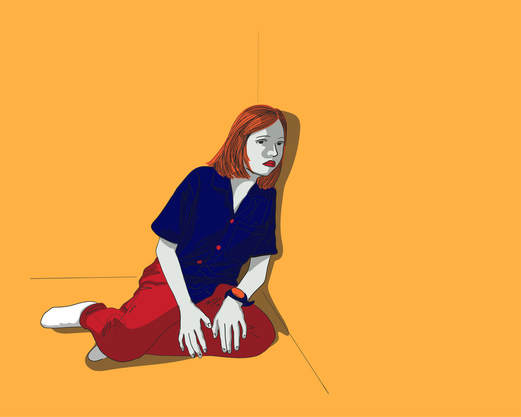Talking about a loss is difficult at the best of times. But what about those losses that can’t be openly acknowledged or shared? The experience of being deprived the chance to openly grieve a loss is known as disenfranchised grief. The article explores when disenfranchised grief can occur, the effects it can have and how to cope with it.
When disenfranchised grief can occur
1. The relationship with the deceased isn’t recognised
- Death of an ex-spouse or ex-partner
- Death of a same sex spouse or partner
- Death of an unacknowledged partner
- Death of a lover
- Death of a step-child or step-parent
- Death of a foster child or foster parent
- Death of ex-in laws
- Death of a child given up for adoption
- Death of a birth parent of an adopted child
- Death of an unannounced baby (e.g. miscarriage or stillbirth)
- Death of an estranged family member
- Death of an imprisoned family member or friend
- Death of an abuser
- Death of a gang member
2. The loss is viewed as unimportant
- Death of a pet
- Death of a co-worker
- Death of a neighbour
- Death of a classmate
- Death of a childhood friend
- Death of an online friend
- Death of an extended family member
- Death of a family member that occurred before you were born
- Death of a professional figure (e.g. doctor or teacher)
- Death of a celebrity or public figure
- Losses that don’t involve death (e.g. moving house, a child moving out of home, physical illness, redundancy or retirement, end of a life stage, infertility, menopause, divorce or relationship breakdown, change in financial status etc.)
3. The nature of the death is stigmatised
- Death by suicide
- Death by murder
- Death from substance misuse
- Death from HIV/AIDS
- Death from drink driving or drug driving
- Abortion
4. The griever is not acknowledged
- They are physically or mentally unwell
- They are physically or mentally disabled
- They are elderly
- They are a child or young person
The effects of disenfranchised grief
The disenfranchised grief process is typically more complicated than for socially accepted or acknowledged bereavements. The loss can leave you feeling alone, isolated, unworthy and unsupported.
Other effects can include depression, anger, frustration, and intense and prolonged sadness. You may also experience physical, behavioural, cognitive and other emotional changes as you continue to grieve in silence.
How to cope with disenfranchised grief
If you experience disenfranchised grief, you may become ‘stuck’ in the grief process. Having no opportunity to talk about and work through your thoughts and emotions means it can feel impossible to move forward. It may also be difficult to understand why the loss continues to be so painful.
The first step is to confide in someone about how you’re feeling. This may be a friend, family member, co-worker, therapist, your GP, or a support organisation such as Cruse Bereavement Support. Voicing your loss can help to acknowledge its significance, and to validate and normalise how you’re feeling.
Other steps may include having your own personal ritual or ceremony to say goodbye, particularly if you were excluded from the public burial or cremation service, or creating a memory box. You should also focus on your own physical and mental health through sleep, diet, exercise and self-care, including requesting compassionate leave from work if applicable.
Remember, no loss is insignificant, no matter who or what it is and what the circumstances are. After any loss, you’re entitled to give yourself time and permission to grieve.
If you’ve experienced a loss and would like someone to talk to, get in touch for an appointment.


 RSS Feed
RSS Feed